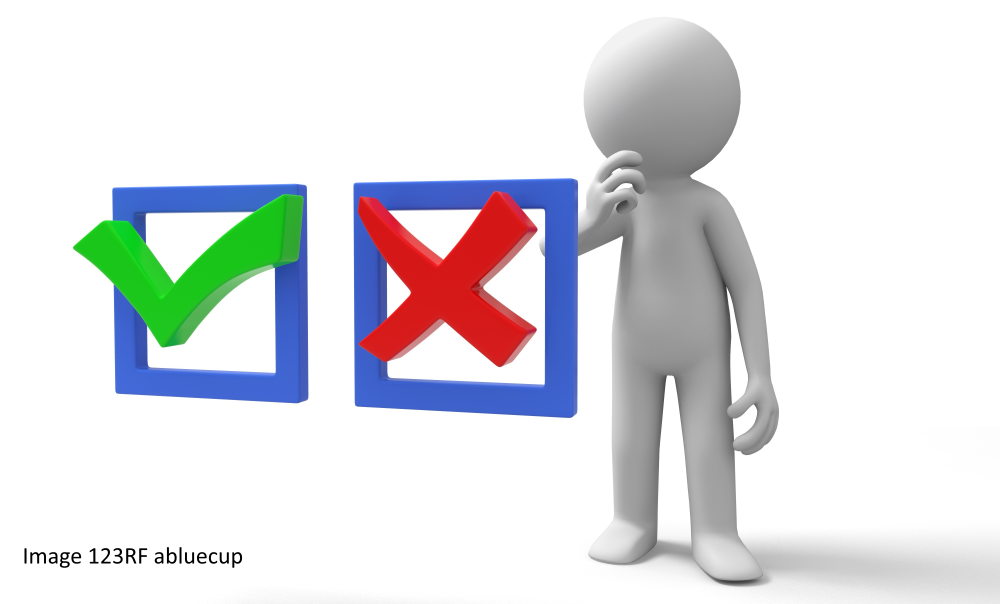We’re off! The government yesterday announced yesterday that the next local elections will be held in three months’ time on 6 May. There has been discussion for months on whether they would be held. Whether they should be held before the pandemic is at its end.
I am concerned that many people will think it is not safe to vote. That will weaken democracy.
The government should ensure that all voters are asked to apply for a postal vote by sending a letter to every household. It should allow people to register for a postal vote online. In the longer term, we must look at online voting.
Just minutes after I completed a blog post yesterday on delaying the May elections, the government published its decision that local, mayoral and police commissioner elections will go ahead on 6 May. I would prefer elections sooner than later but I am nervous about the polling and counting areas being safe. The government will pay £92 million to local authorities for the elections, including £31 million to make the elections Covid 19 secure.
There will be a lot of reasons behind the government’s decision. The need to refresh democracy. The need to signal a return to ‘normal life’.
Ministers will also be thinking they are in a good position for the Conservatives winning in the polls in May. Vaccination rates will be high. Infection rates will be lower. The debacle of the government’s initial response to the Covid-19 epidemic, the lack of PPE, the dithering, Boris Johnson not turning up to the first five COBRA meetings on Covid, the chaos in some NHS planning and much more will be temporarily distant memories. These will be rekindled with the national and local inquiries but we are unlikely to see those until later in the year.
The government will also have an eye to expiry of regulations that allow councils to meet online, Zoom, Teams, etc. These regulations expire on 7 May. I my view, we should keep the option of meeting online. Many more people have been able to participate since councils moved online. Listening or questioning. It has been an improvement to local democracy. It is a greater hurdle to physically go to a meeting than to zoom in on your phone, tablet or laptop.
Leafleting door to door is currently banned. Along with door knocking. That’s one of the main ways of campaigning for smaller parties and independents. It allows them to target very local issues. While neighbourhood campaigning is banned, the Conservatives, along with Labour in many parts of the country, can use their financial resources to lobby in the way that the small guys can’t afford. We don’t know when the ban will be lifted.
The announcement of the election is also a call to modernisation. Candidates should reduce their reliance on paper and go online.
Not everyone is happy with the announcement. The Local Government Information Unit (LGIU) is a body that supports councils and councillors. On 24 January, it published a survey of council executives and concluded it is “no longer possible to hold safe and open elections in May.” The advice was ignored and responding to yesterday’s announcement, The LGIU acknowledged that the government has “has listened to some of the concerns from the sector and made extra funding available for these elections.” But “key logistical problems still remain – all the money in the world can’t conjure up venues that aren’t there or staff that don’t exist. Maybe it would have been better to listen to the sector’s view in the first place and postpone these elections.”
The government promises Covid secure voting stations:
“Hand sanitiser will be available and, where appropriate, screens and distance markings will be in use. Polling stations will need to be set up to maximise ventilation, and frequent touch points will need to be cleaned at very regular intervals. All touch points should be cleaned before and after use. Voters (and companions of disabled voters) should bring their mask, as they would wear in any indoor public place, and we will be encouraging them to bring their own pen or pencil with which to mark their ballot paper.”
My biggest concern is that no matter how far vaccination has advanced by 6 May, many people will not want to take the risk of going out to vote. That will reduce turnout and turnout is low in local council elections at the best of times.
That means postal votes will be important. But in the cock eyed way the government works, you can register online to vote but you must print off a form and send it to your local council to get a postal vote. That is bizarre. When you register to vote the council will check you exist. When you apply for a postal vote they know you exist, so why can’t it be done online?
Those who could potentially be isolated because they are clinically extremely vulnerable or are concerned that they might be isolated by track and trace, etc. should apply for a postal vote.

